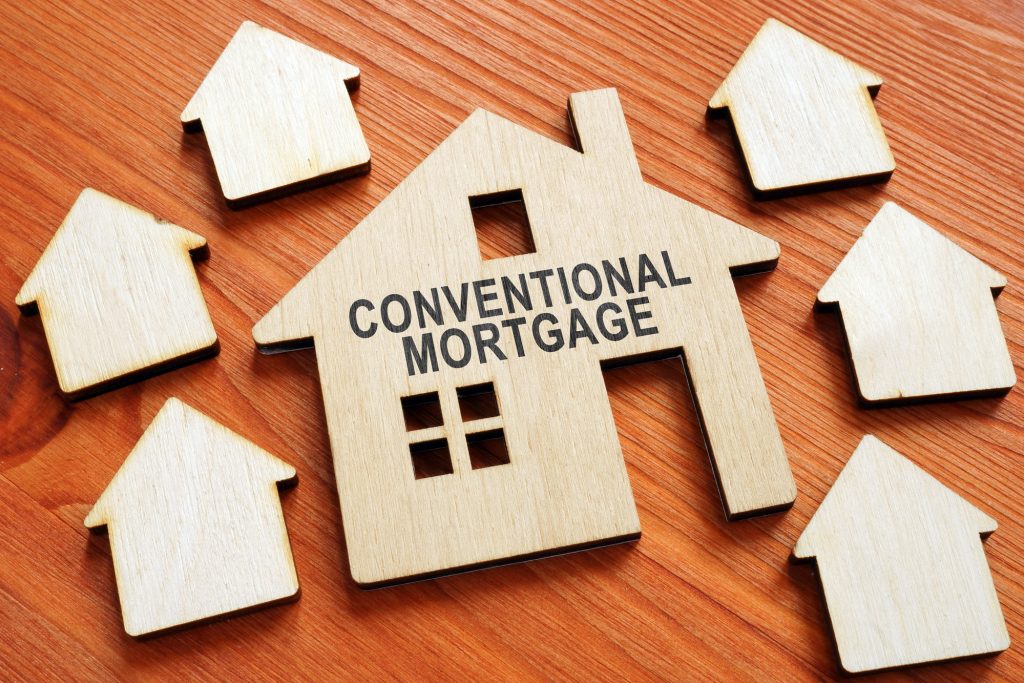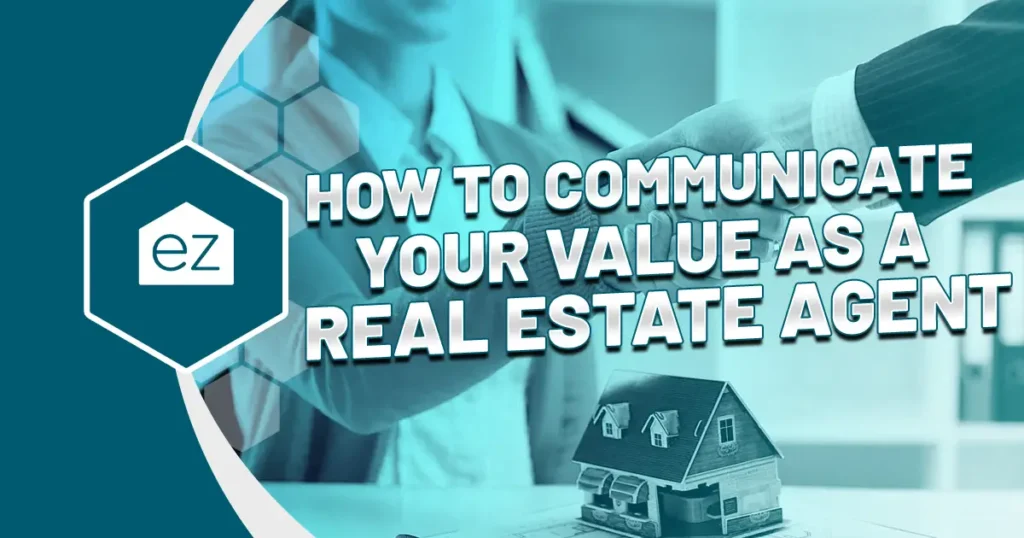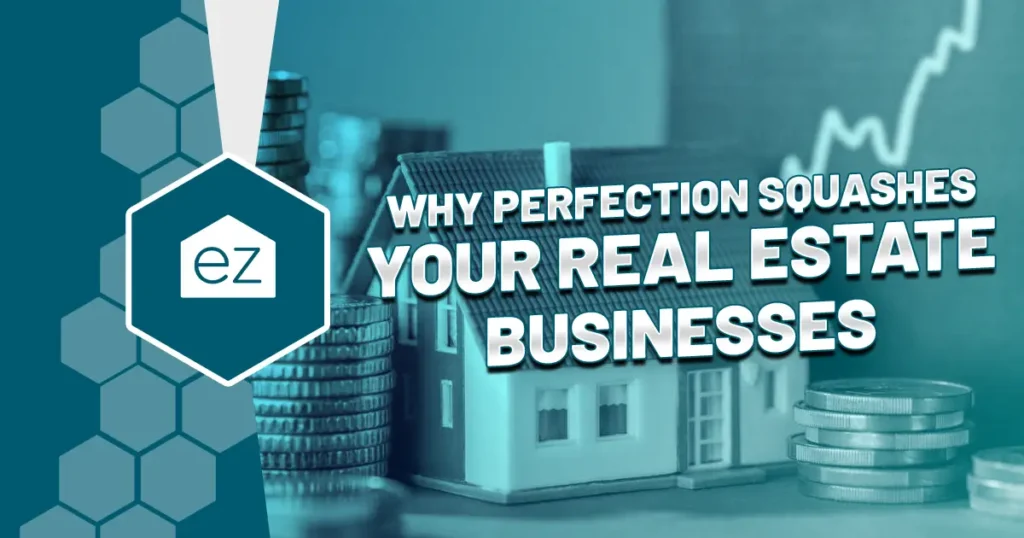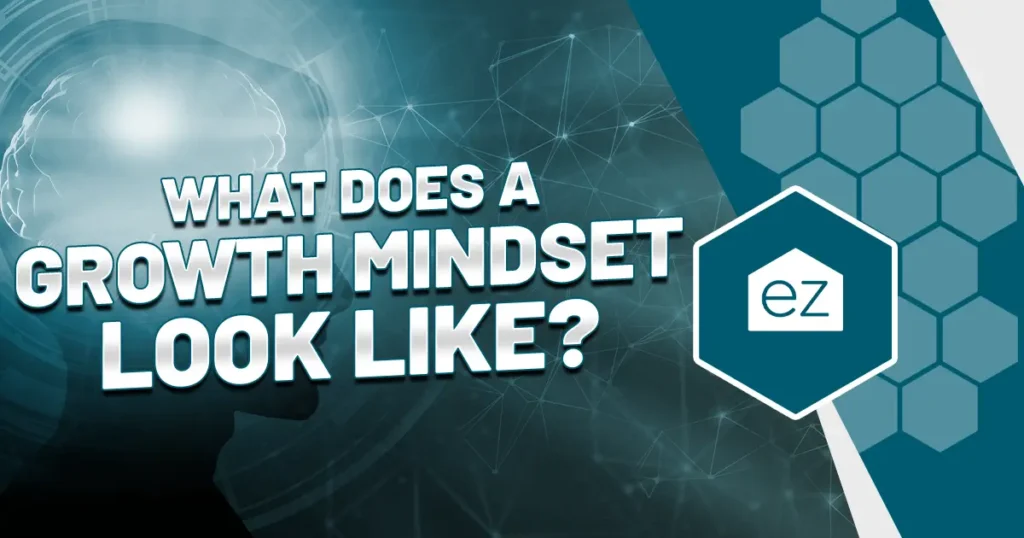What is a Conventional Mortgage?
When it comes time to apply for a mortgage, you’ll have a lot of options to choose from. Your specific financial situation will decide some things for you, but you’ll still have some choices to make. The most common home loan today is the conventional mortgage. Likely you’ve looked at its loan product even if you didn’t know it was considered conventional. Learn about conventional loans, their benefits, and drawbacks.
choose from. Your specific financial situation will decide some things for you, but you’ll still have some choices to make. The most common home loan today is the conventional mortgage. Likely you’ve looked at its loan product even if you didn’t know it was considered conventional. Learn about conventional loans, their benefits, and drawbacks.
What Makes It a Conventional Loan?
Conventional mortgages are financed by a private lender such as a credit union or a bank. The loan is then sold to Fannie Mae and Freddie Mac, which are government-sponsored corporations. However, the government does not insure these loans, as they do with VA or USDA loans.
Conventional loans can be either conforming or non-conforming. If the terms of a loan follow Fannie Mae and Freddie Mac’s guidelines, the loan is conforming. The loan is considered non-conforming if the terms go outside of those guidelines. Jumbo loans and subprime conventional loans are two common non-conforming loan types.
If you have good credit and have a debt-to-income ratio under 41%, a conventional loan is usually a great option. However, choosing a mortgage is still a personal decision, so weighing the pros and cons is essential.
The Benefits of Applying for a Conventional Mortgage
Conventional mortgages allow you to make a smaller down payment. Depending on your lender, you may even be able to obtain 100% financing for your home! However, if you have the money and can afford a larger down payment of around 20%, you will benefit from not needing to pay for private mortgage insurance. You will also get a lower interest rate compared to lower down payments with the same financial picture.
While FHA loans have limitations on how much you can borrow, a conventional mortgage usually allows you to borrow more. You’ll have more flexibility in general compared to a mortgage insured by a government agency.
Potential Downsides of a Conventional Loan
If you apply for a conventional mortgage, you must meet some strict requirements. Depending on your lender, you must have a credit score of at least 620 or sometimes even 660. The higher your credit score, the less interest you can expect your loan to accrue. You also can’t have a very high debt-to-income ratio if you go the conventional route. Usually, that means less than 41%.
Some conventional loans are also conforming loans, which must stay under the conforming loan limits. These maximum amounts have geographical restrictions and are adjusted each year based on average home prices.
Although it isn’t difficult to find a loan allowing you to make a down payment of less than 20%, you’ll have to pay private mortgage insurance (PMI). This increases your monthly payments. The good news is that you can cancel that insurance after building enough home equity. Then, your monthly payments will go down slightly. Not that some loan programs wrap the PMI into the interest rate, so you may need to refinance instead.
Applying for a Conventional Loan
Even if you know that a conventional mortgage is right for you, you still probably have many questions. The lending process can be overwhelming and complicated, but when you’re working with a trusted team, you’ll have much greater peace of mind. An experienced Mortgage Professional wants to create an easy, positive experience for all homebuyers.
Updated April 2024
Start Your Home Search
Preston Guyton
Share this Post
Related Articles
Real Estate Tips
How to Communicate Your Value As A Real Estate Agent
Real Estate Tips
10 Essential Steps to Hiring a Contractor
Real Estate Tips
Why Perfection Squashes Your Real Estate Businesses
Real Estate Tips





